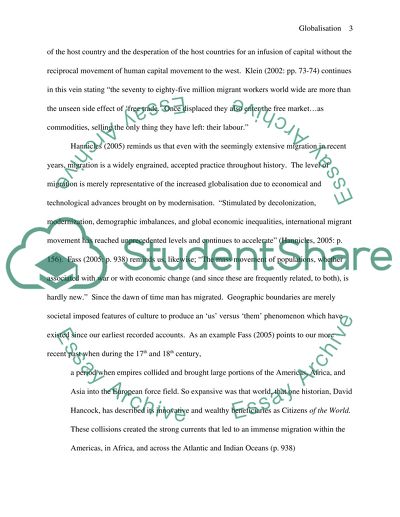Cite this document
(“A Critique of Globalisation Theories Essay Example | Topics and Well Written Essays - 3500 words”, n.d.)
A Critique of Globalisation Theories Essay Example | Topics and Well Written Essays - 3500 words. Retrieved from https://studentshare.org/politics/1501686-globalisation-theories
A Critique of Globalisation Theories Essay Example | Topics and Well Written Essays - 3500 words. Retrieved from https://studentshare.org/politics/1501686-globalisation-theories
(A Critique of Globalisation Theories Essay Example | Topics and Well Written Essays - 3500 Words)
A Critique of Globalisation Theories Essay Example | Topics and Well Written Essays - 3500 Words. https://studentshare.org/politics/1501686-globalisation-theories.
A Critique of Globalisation Theories Essay Example | Topics and Well Written Essays - 3500 Words. https://studentshare.org/politics/1501686-globalisation-theories.
“A Critique of Globalisation Theories Essay Example | Topics and Well Written Essays - 3500 Words”, n.d. https://studentshare.org/politics/1501686-globalisation-theories.


